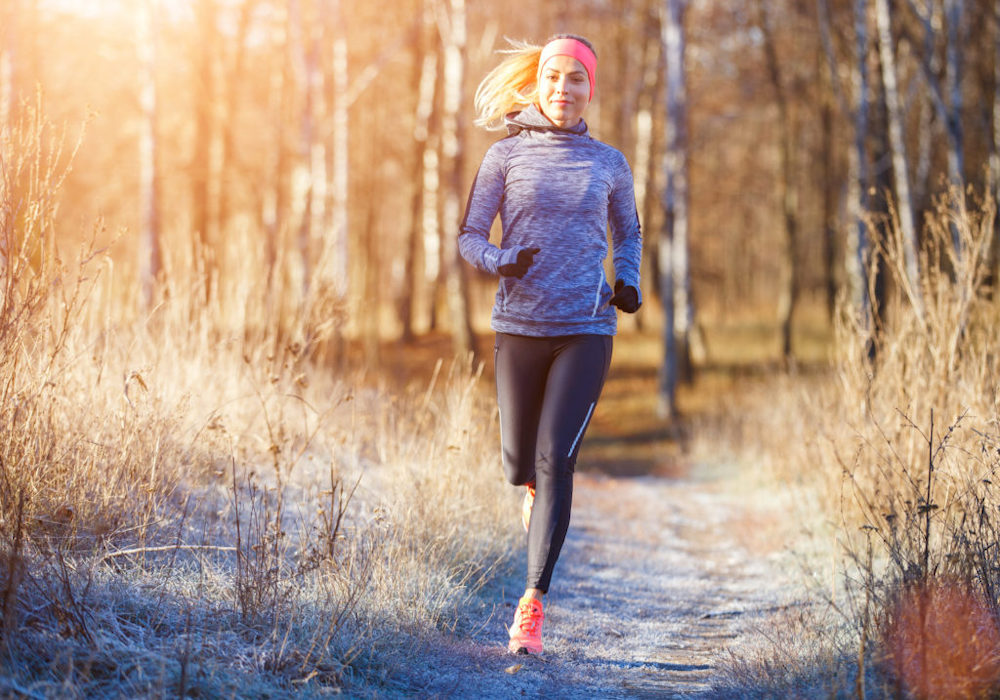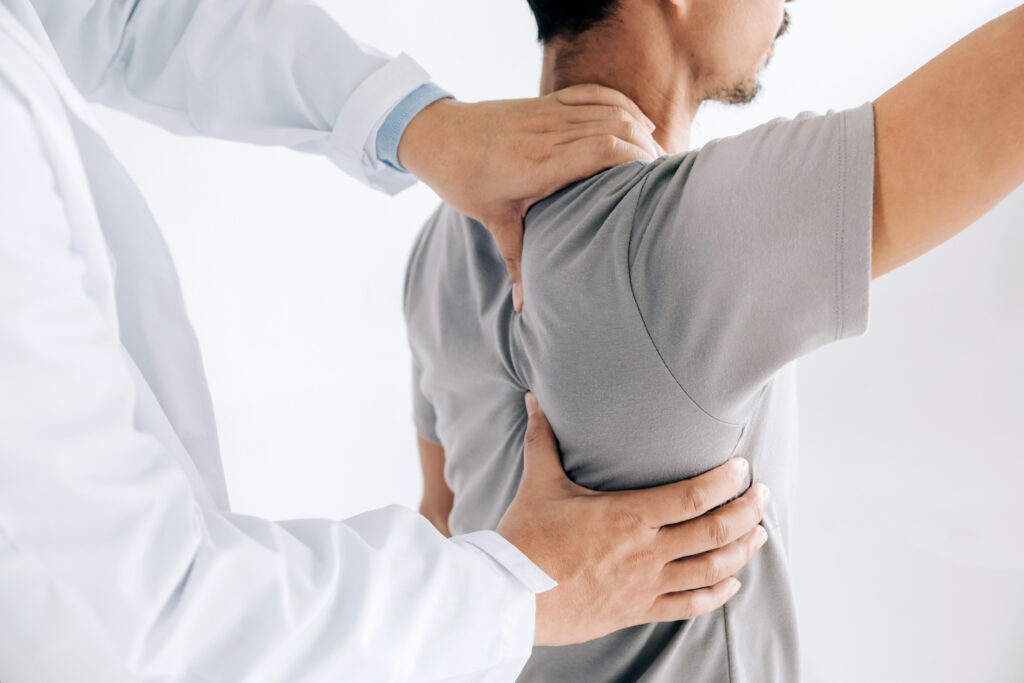This is part of the ultimate guide to sports medicine
Training in the winter can seem like a daunting task. Training indoors is always an option but training outdoors has many benefits.
If you’re training for an outdoor sporting event or race in the spring, training outdoors during the winter may help you prepare for it. Try our 7 tips for working out in cold weather.
OrthoIndy sports medicine physician, Dr. Chris Bales discusses tips and benefits for cold-weather training.
MAKE AN APPOINTMENT WITH AN ORTHOINDY SPORTS MEDICINE PHYSICIAN
Is it better to work out when it’s cold or hot?
Working out, in general, is very beneficial for your body and mind. However, training in the cold is less strenuous on your body compared to training in the heat. Training in warmer temperatures is significantly more taxing on the body.
In addition, your body can regulate your internal temperature easier in colder weather. Therefore, you are less likely to become dehydrated because you are sweating less.
“The ideal temperature to work out in is between 36 and 52 degrees,” said Dr. Bales. “You are able to regulate your temperature better in cooler temperatures which may allow you to train longer and therefore burn more calories.”
Working out in the cold benefits
Learn how to stay fit in the winter and how the cold weather can help you reach your fitness goals.
- In colder temperatures, you can train longer because you’re not using as much energy which increases your overall endurance.
- Cold weather makes your heart work harder to distribute blood throughout your body resulting in a stronger heart muscle.
- You burn more calories training in the cold because your body has to use more energy to keep your body warm.
- Even though it’s cold, the sun still shines in the winter. Getting a dose of Vitamin D in the winter can provide you with the same nutrients you would receive in the warmer months.
- There is less humidity in cold weather, so your body has to work harder to heat up. The cold weather increases the number of endorphins produced which puts you in a better mood.
- Cold temperatures create the habit of properly warming up and cooling down because it’s extra important to warm-up your muscles. Making sure your muscles are properly warmed up and loose can help prevent injuries.
Dr. Bales knows that working in the cold weather can do more than just help you reach your fitness goals. “Exercising in the winter may help boost your immune system which is very important in the cold and flu season,” said Dr. Bales.
LEARN MORE ABOUT HEALTHY LIVING
7 tips for working out in cold weather
- Wear the appropriate cold-weather training gear. Dress dry and not warm because the quickest way to lose body heat is by getting wet.
- Wear bright colors so you can be seen easily.
- Make sure you’re hydrated before, during and after your workout to prevent dehydration.
- Protect your skin. Even though the temperature is cold in the winter, you can still be exposed to the sun while you’re outside.
- Make sure to warm up and cool down properly to prevent injury.
- Be aware of your terrain. It is often slick and icy in the winter so make sure your shoes have the appropriate amount of traction to help you keep your balance.
- Be aware of your breathing. Breathing through your nose isn’t always the best option in colder temperatures because while it helps warm the air, it may not be feasible while you are breathing heavily. If you wrap a scarf around your mouth, it will help keep the vapor in when you breathe out. This keeps the air moist as you continue to breathe.
Dr. Bales doesn’t see many injuries from the temperatures but more from the conditions. “Injuries from training outdoors in the winter are not very common, said Dr. Bales. “Be aware of the conditions. Slips and falls on ice resulting in sprained ankles, wrist and shoulder injuries are the most common problems I see.”
Preparation and awareness of your medical conditions are important. “Exposed skin can lead to hypothermia, said Dr. Bales. “Also, remember that even in the winter there is a danger from sun exposure, no matter the temperature exposure to the sun can increase the risk of skin cancer. Individuals with asthma should be aware that cold, dry air can trigger an asthmatic attack.”
Learn more about OrthoIndy sports medicine.
Schedule an appointment
Your well-being is important to us. Click the button below or call us to schedule an appointment with one of our orthopedic specialists. If your injury or condition is recent, you can walk right into one of our OrthoIndy Urgent Care locations for immediate care. For rehabilitation and physical therapy, no referral is needed to see one of our physical therapists.





